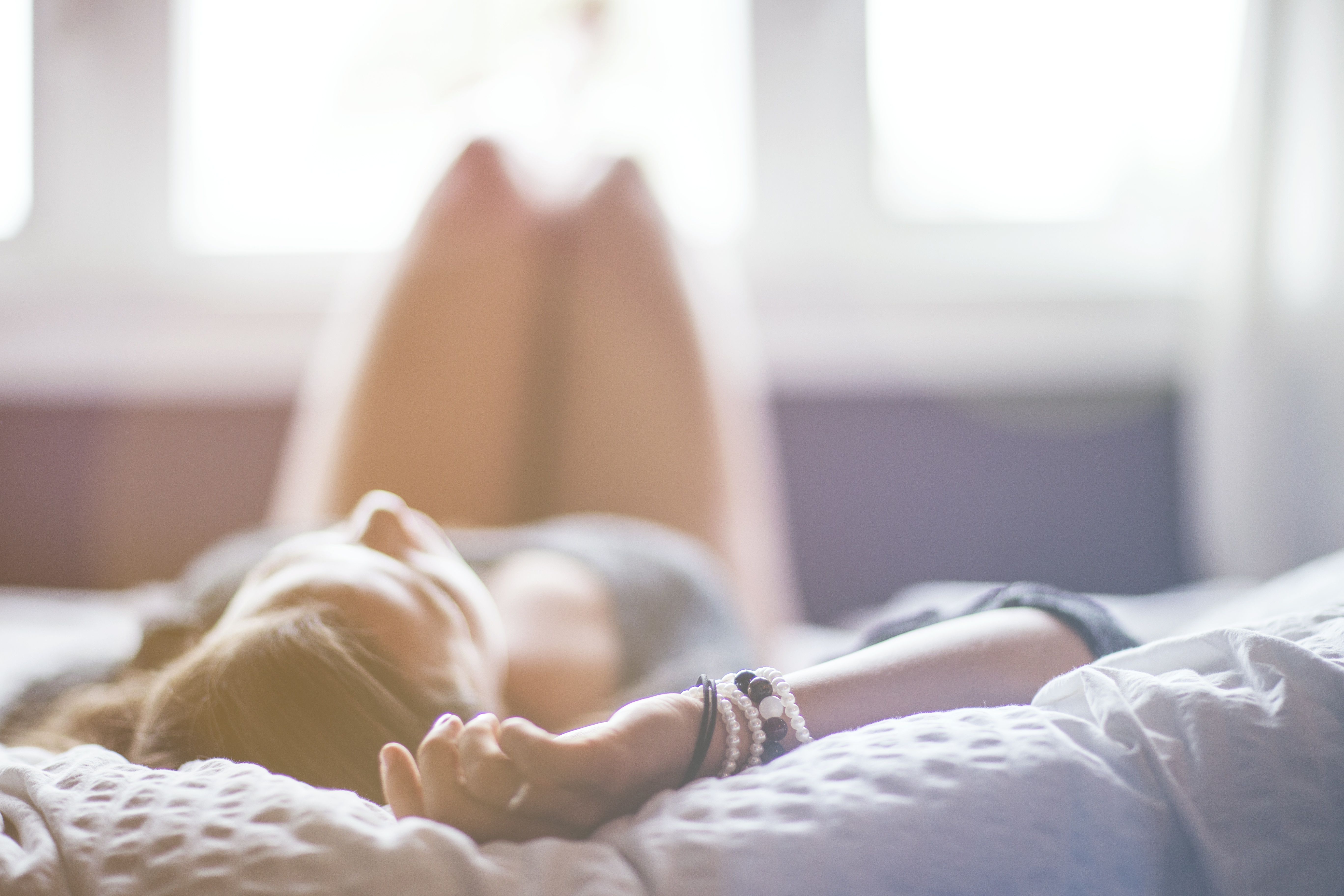Getting to Know Insomnia – a Sufferer’s Guide
16th Sep 2018
For most, the ability to get a good sleep is taken for granted, that a restful slumber in your private sanctuary will see you awaken rested and ready to face the day ahead. However, at times you may see sleep as a luxury, something that eludes you and leaves you exhausted, grumpy and constantly tired. With insomnia affecting sleep quality for up to 30% of us at any one time, it’s worth knowing the signs and symptoms and how to best deal with it.
What is insomnia?
It is defined as the inability to fall asleep, stay asleep or return to sleep that results in getting insufficient sleep to feel re-energized and able to function fully in the daytime.
What are the causes of insomnia?
There are four root causes: psychological, environmental, sleep habits and health issues.
- Psychological - include stress, anxiety and depression
- Environmental – work patterns (i.e. night shifts or long hours) or changes in your surroundings such as new a house or new outside noises/light
- Sleep Habits - pre-sleep routine
- Health issues – various ailments, such as leg, back or neck issues, can prevent a good night’s sleep.
What are the symptoms?
Insomnia is a difficult condition as it has the obvious symptom of sleeplessness, but it also has secondary symptoms which, if anything, are harder to deal with on a day to day basis. Those who have suffered during the night will display a range of daytime problems such as extreme fatigue, difficulty concentrating, mood swings, lack of energy and a fall in performance in work, school or other commitment.

How can it be cured?
There is no best cure for insomnia as cures vary depending on the cause, so it is vital that you identify your individual cause in order to treat it quickly and efficiently. Options available include:
- Therapy has been shown to reduce psychological issues by increasing an individual’s ability to deal with the source during the day, hence not providing a trigger at night.
- Sleeping pills may be prescribed by your doctor to help you get over a short-term reason for insomnia, such as major life change or jet lag.
- A change in your pre-sleep routine can cure a surprising number of insomnia cases. A warm bath, cut-off time for TV and a milky drink can all promote a good night’s sleep.

What changes can I make in my bedroom to promote better sleep?
It is where you spend up to a third of your life, so making it your place for absolute relaxation, your place to shut the world out and be consumed by your own wishes makes sense. While you think you might have it perfectly styled to your liking, don’t forget that subtle changes to the private sanctuary that is your bedroom are probably the simplest yet most effective cure for insomnia.
- Invest in a bed and bedding, such as our soft and silky bedsheet set that promotes sleep by increasing comfort and regulating temperature and reducing allergens.
- Keep the temperature at around 18 degrees – the optimum sleep level
- Use blackout curtains to keep the light out
- Ban all electronics to reduce the stimulant effect of blue light
- Keeping doors and windows closed will reduce noise penetration
- If you must do something to relax while in bed before you sleep, make it relaxing – a good book or knitting are ideal ‘stress-free’ pastimes.
Is there anything else I can do to help myself?
There are a surprising amount of things to that you can do that will not only prevent or beat insomnia, but also promote a better nights’ sleep – even if you thought yours was great already!
- Avoid caffeine or alcohol later in the day as they will prevent and disrupt your sleep
- Take regular exercise, but try to leave at least 3 to 4 hours before you go to bed
- Don’t eat a heavy meal late in the day, either eat earlier or make your last meal a small one
- Try to set a sleep and wake time each day and stick to it, even at the weekends

